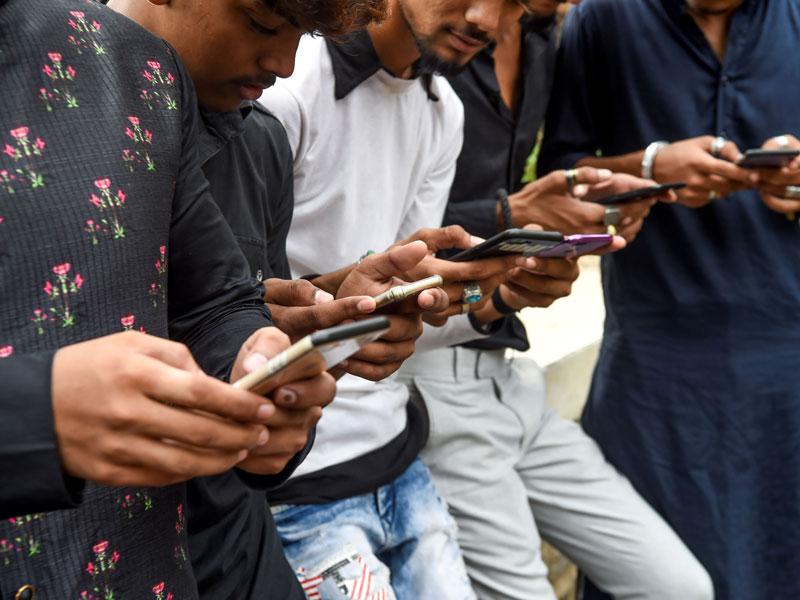India bans 118 Chinese apps
The Indian government takes aim at Chinese tech amid rising tensions between the two countries

On 2 September, India’s IT Ministry announced that it would block 118 apps with linkage to China that are “prejudicial to sovereignty and integrity of India, defence of India, security of state and public order.” The move comes months after the country banned 59 Chinese apps, including TikTok, the popular video app for which India was believed to be one of the biggest markets.
Among the apps named in this latest ban are Chinese search giant Baidu, the mobile payment app Alipay and cloud storage service Tencent Weiyun. Tencent’s mobile game PlayerUnknown’s Battlegrounds, or PUBG, was also included in the list. This decision is considered especially controversial given PUBG’s popularity in India; it was the top mobile game by monthly active users in India last year, according to analytics from AppAnnie.
The government said it had received complaints from “various sources” about “misuse of some mobile apps available on Android and iOS platforms for stealing and surreptitiously transmitting users’ data in an unauthorised manner to servers which have locations outside India”.
Tensions between the two countries have been escalating recently due to an ongoing dispute along the Himalayan border. In June, a deadly clash between the two neighbours in the Ladakh region left 20 Indian soldiers dead. Multiple rounds of military talks since then have failed to end the standoff.
In addition to blocking Chinese apps, India has also taken steps to reduce its economic reliance on China. Earlier this year the country tightened its foreign investment rules to limit Chinese takeovers of Indian companies as well as increasing scrutiny of visas for Chinese businessmen and academics.













